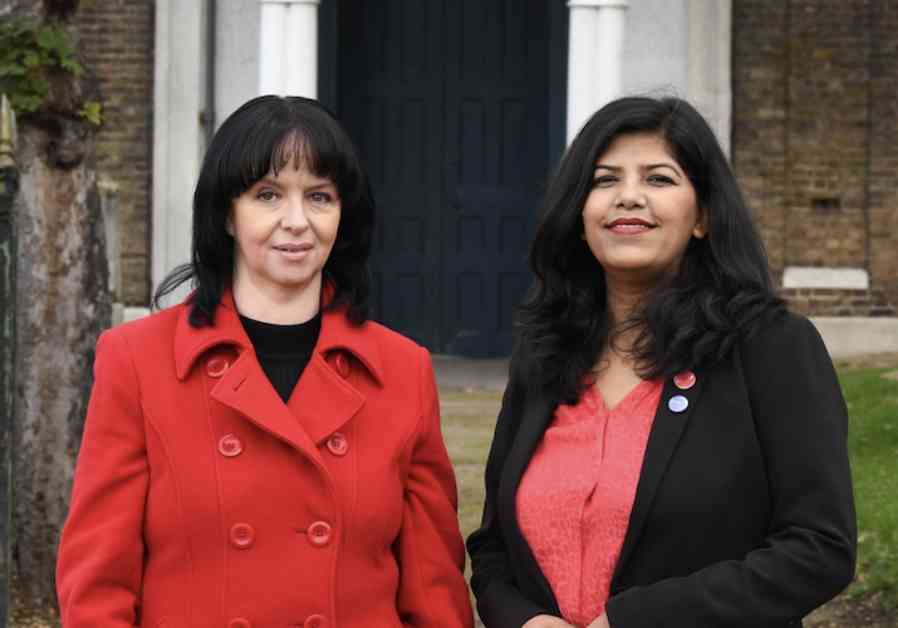Labour’s ‘Super Thursday’ by-election: Party’s Decline in London Boroughs
Thursday, November 28, marked a significant day for London politics with a series of by-elections across various boroughs. This event, dubbed ‘Super Thursday,’ saw five vacancies in four wards spread across three boroughs, most notably affecting Barking & Dagenham.
In Barking & Dagenham, three important votes took place due to various reasons, including the resignation of long-time leader Darren Rodwell, sparking the need for new representatives. Rodwell’s departure from politics stemmed from allegations of misconduct that ultimately derailed his parliamentary aspirations. Nesil Caliskan, the former leader of Enfield, was set to replace him as Labour’s candidate for the Barking parliamentary seat.
The by-elections in Barking & Dagenham’s Village ward also garnered attention, with vacancies arising from councillors being elected as MPs or due to unfortunate circumstances like death. The demographic makeup of these wards, particularly Northbury, reflected London’s diversity, making them prime territory for Labour and potential left-leaning parties.
In the by-election results, Labour managed to retain its seats, albeit with a slight dip in voter share, showcasing a trend of declining support for the party in these areas. The Greens and Reform UK made notable appearances, signaling potential shifts in voter preferences and party dynamics.
Challenges and Reflections
The results in Village ward demonstrated a significant swing towards the Conservatives, hinting at a potential shift in political landscape but not necessarily a sweeping victory for the Tories in Barking & Dagenham. The local dynamics and campaign infrastructures play crucial roles in shaping electoral outcomes, highlighting the complexities of London politics.
Local Voices and Perspectives
The by-elections in Enfield’s Jubilee ward and Islington’s Junction ward further underscored the intricate web of local politics, with diverse candidates and issues at play. Housing, community representation, and party dynamics emerged as central themes in these contests, reflecting the broader challenges and opportunities facing London’s political landscape.
In conclusion, while Labour emerged victorious in London’s ‘Super Thursday’ by-elections, the results hinted at a broader trend of declining support for the party across various boroughs. The intricate interplay of local dynamics, candidate profiles, and voter sentiments showcased the evolving nature of London politics, setting the stage for future contests and strategic recalibrations across party lines.





















